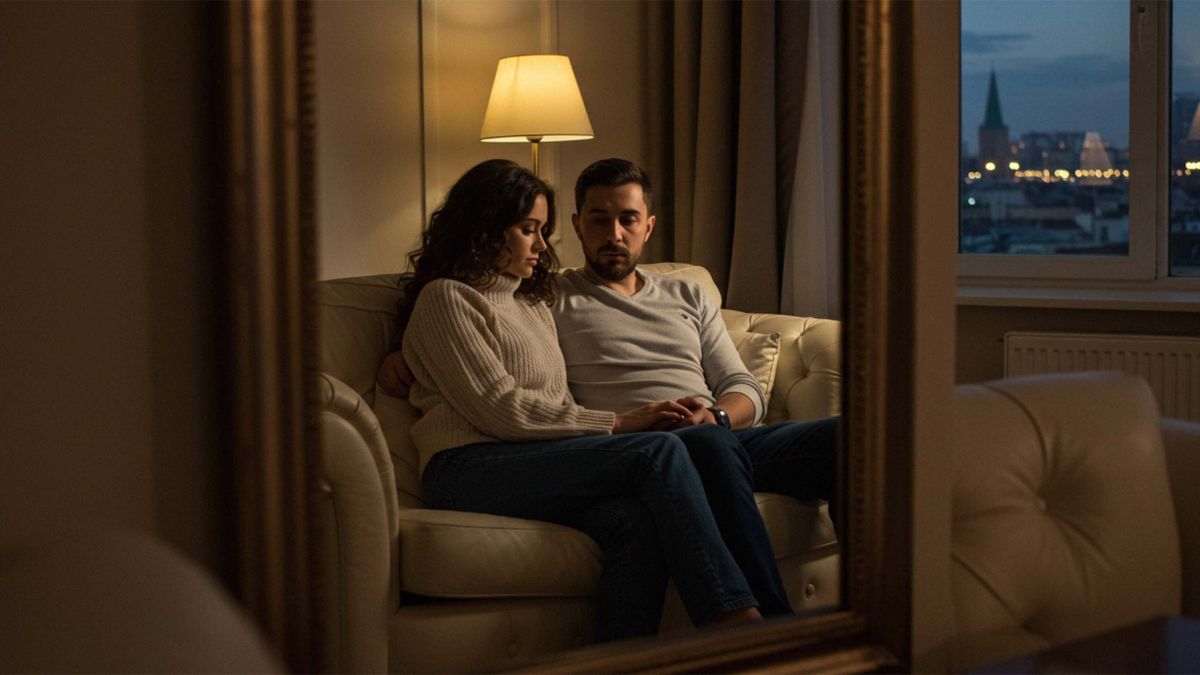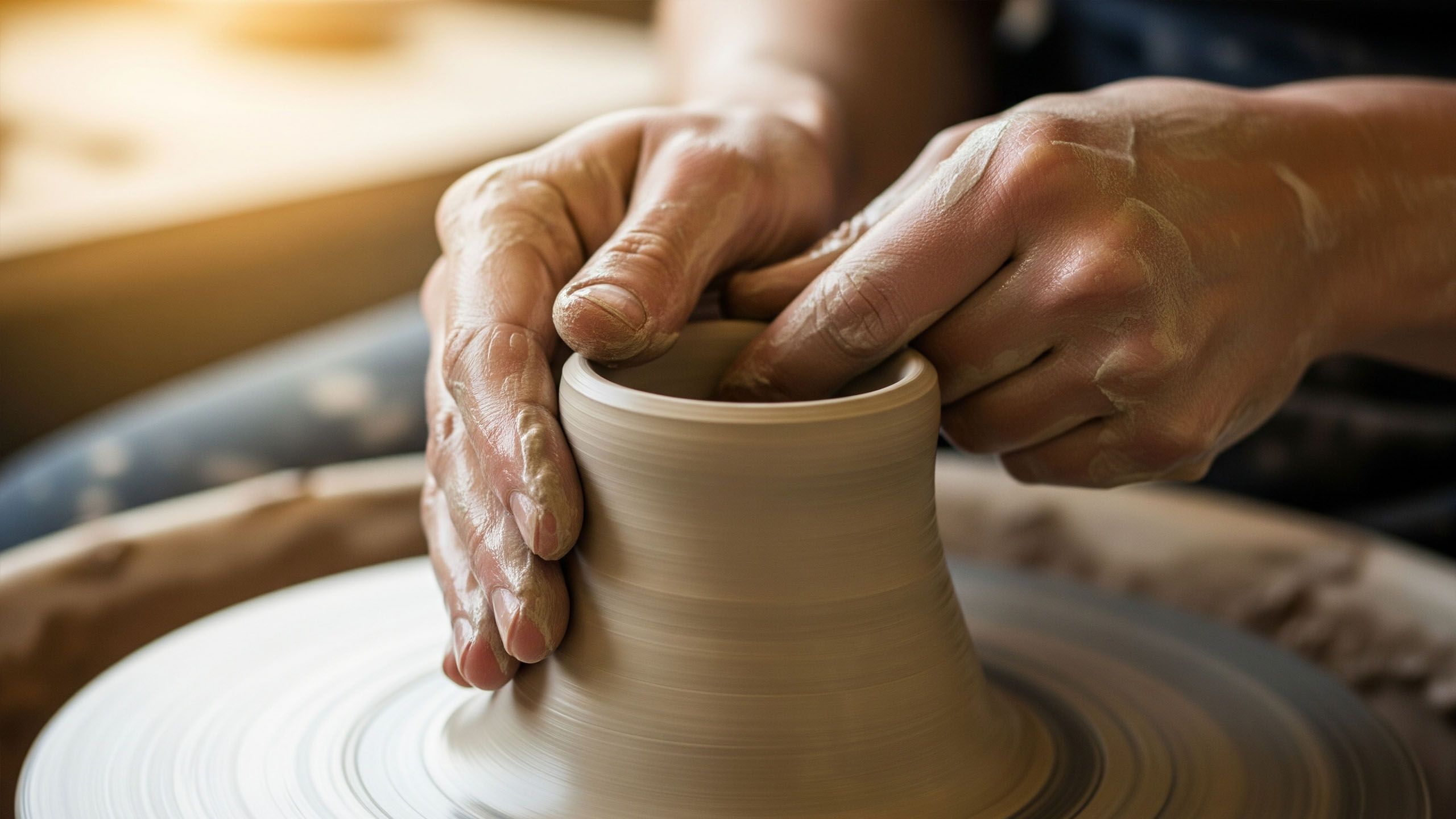
Analysis: Why Body Image Matters in Relationships

In a world constantly shaped by visual culture, body image has quietly become one of the most influential — yet least discussed — forces shaping intimacy and emotional connection. Whether we acknowledge it or not, how men and women perceive their own bodies, and how they interpret their partner’s perception of them, can either strengthen or quietly undermine the foundation of a relationship.
At its core, body image is not merely about attraction. It is about self-perception — the ongoing internal dialogue between how one looks and how one feels about being seen. For many men and women, this sense of visibility defines how comfortable they are in closeness. When that comfort falters, it seeps into communication, affection, and even conflict.
The Mirror Within the Relationship
Couples rarely exist in isolation. They are reflections of each other’s insecurities, ambitions, and self-regard. A woman who feels unattractive may interpret a partner’s distracted glance as disinterest. A man who feels physically inadequate may withdraw affection to avoid perceived rejection. These small acts of self-protection, repeated over time, can build walls that neither fully intended to create.
Psychologists often note that body image functions as a silent emotional currency within relationships — influencing desire, confidence, and emotional reciprocity. When one partner’s self-esteem declines, the other often compensates through reassurance or distance. Both are responses to imbalance.
Attraction Beyond Aesthetics
Attraction is often mischaracterized as purely visual, but in established relationships, it evolves into a more complex dialogue between physicality and emotional intimacy. A partner’s confidence can amplify attraction far beyond physical metrics. Yet when that confidence erodes, even the most committed relationships can feel strained.
Interestingly, men and women process this differently. Studies suggest that women’s body satisfaction is more influenced by internalized ideals, while men’s concerns often stem from perceived performance and strength. Both, however, carry a shared vulnerability: the fear of not being enough — physically, emotionally, or socially.
The Role of Culture and Expectation
Modern culture presents a paradox. While body acceptance is more publicly discussed than ever, the pressure to conform to aesthetic ideals remains omnipresent. Digital life — from dating profiles to filtered images — reinforces comparisons that few can escape. Relationships then become the space where these external pressures are either softened through mutual acceptance or magnified through unspoken expectations.
In some relationships, partners unknowingly adopt cultural scripts about attractiveness. Comments made in passing — a mention of weight gain, a remark about fitness — can linger longer than intended. Over time, such remarks may shift how one feels about being desired, transforming what should be shared intimacy into quiet scrutiny.
Emotional Honesty as an Antidote
The healthiest relationships are those where emotional honesty is practiced without cruelty. When partners can express insecurities without judgment, body image becomes less a source of tension and more an opportunity for understanding. Affection that acknowledges imperfection — rather than pretending it doesn’t exist — tends to be the most grounding.
This isn’t about constant reassurance. Rather, it’s about creating emotional safety, where both men and women can feel seen for who they are, not just how they appear. That shared recognition often restores what comparison and insecurity erode.
The Deeper Meaning of Being Seen
Ultimately, body image matters in relationships because it connects to one of the deepest human needs — to be seen and accepted. Physicality, after all, is the language through which much of intimacy is expressed. When one’s sense of self within that language falters, so too can the emotional fluency between partners.
The psychology of body image is not about vanity. It is about the quiet link between how we inhabit our bodies and how we allow others close enough to truly know us. When that link is nurtured with empathy and realism, relationships gain a rare quality — the ability to hold both the physical and the emotional with equal respect.



 English
English  Deutsch
Deutsch  Español
Español  Français
Français 




